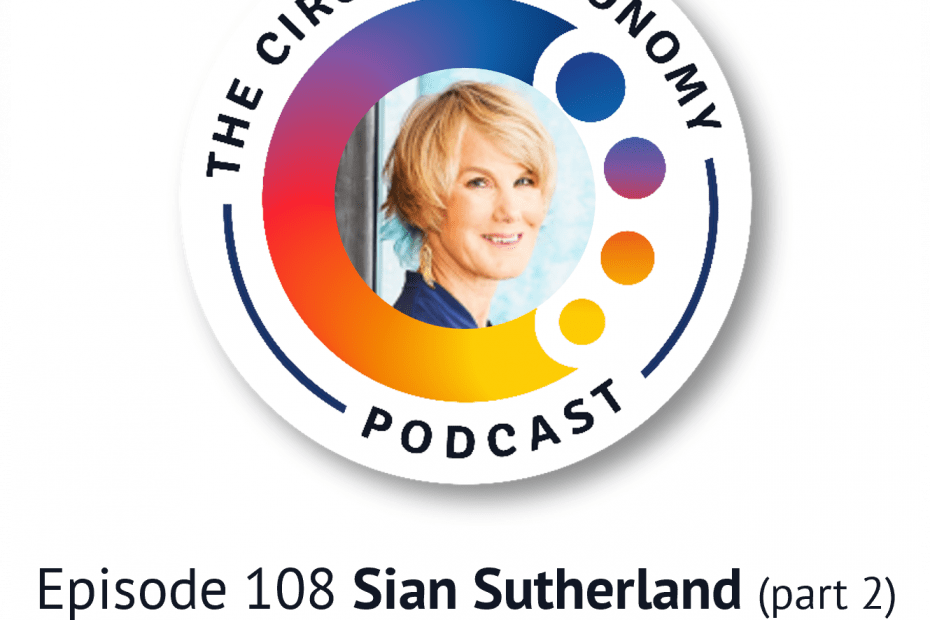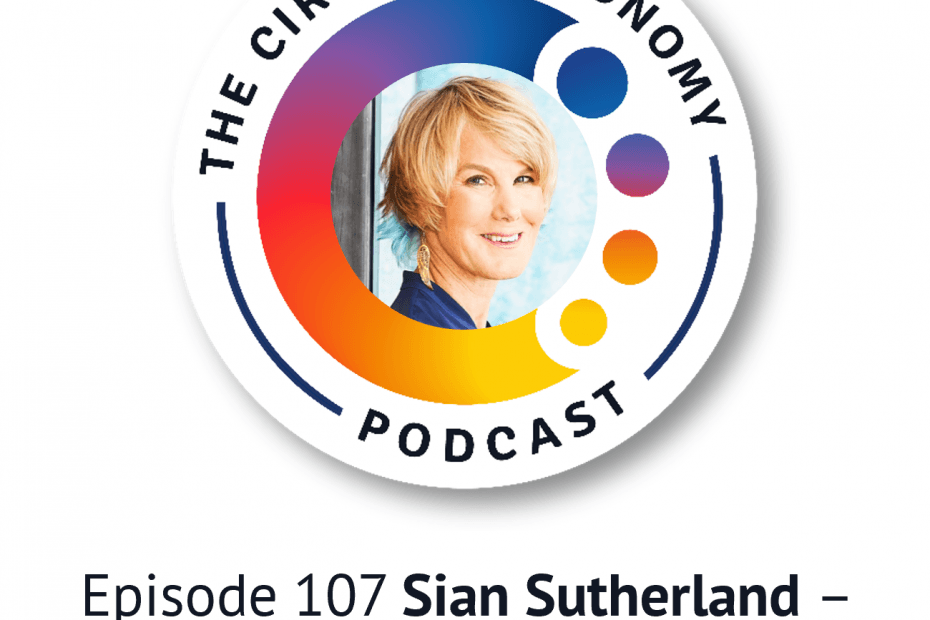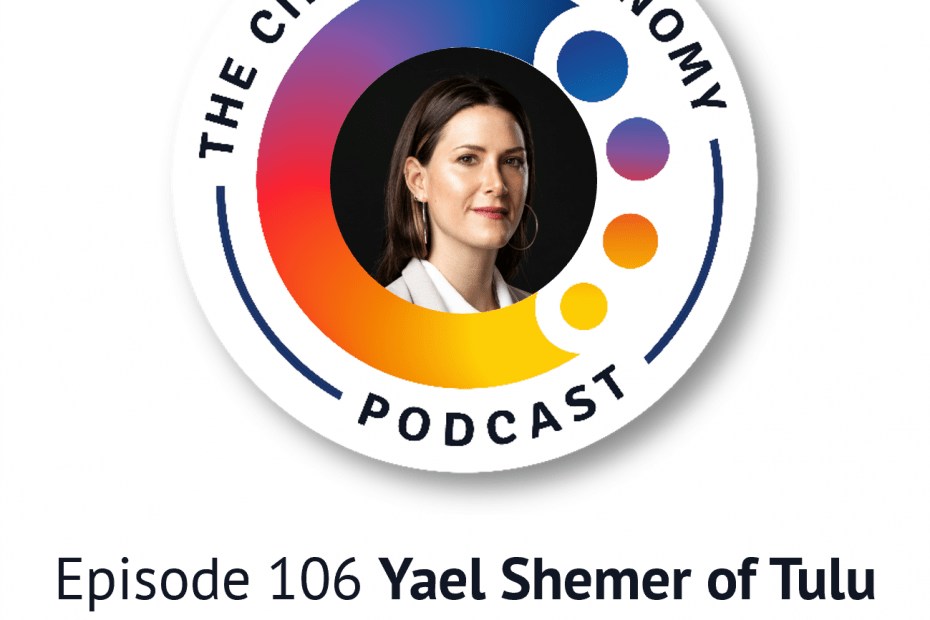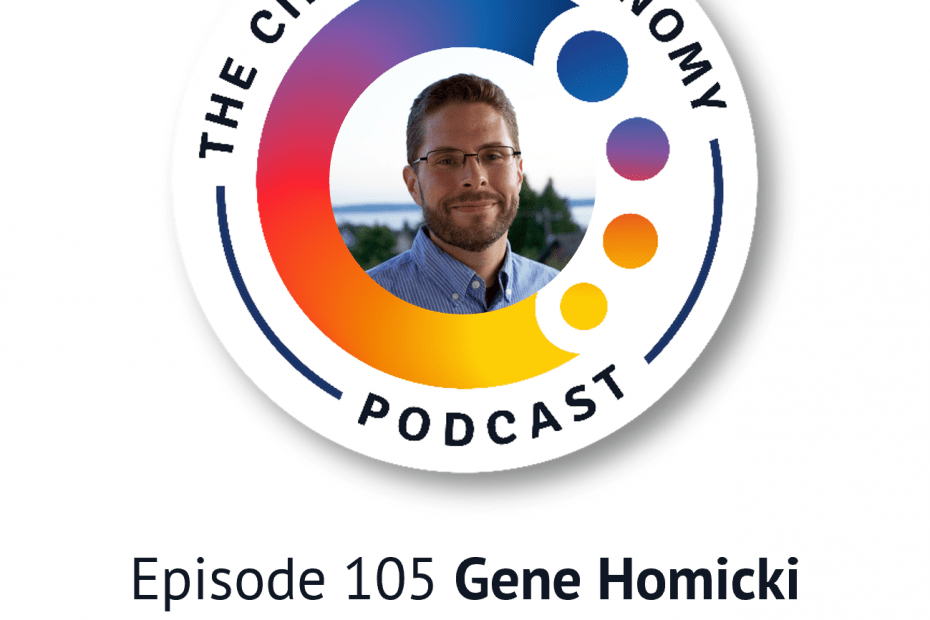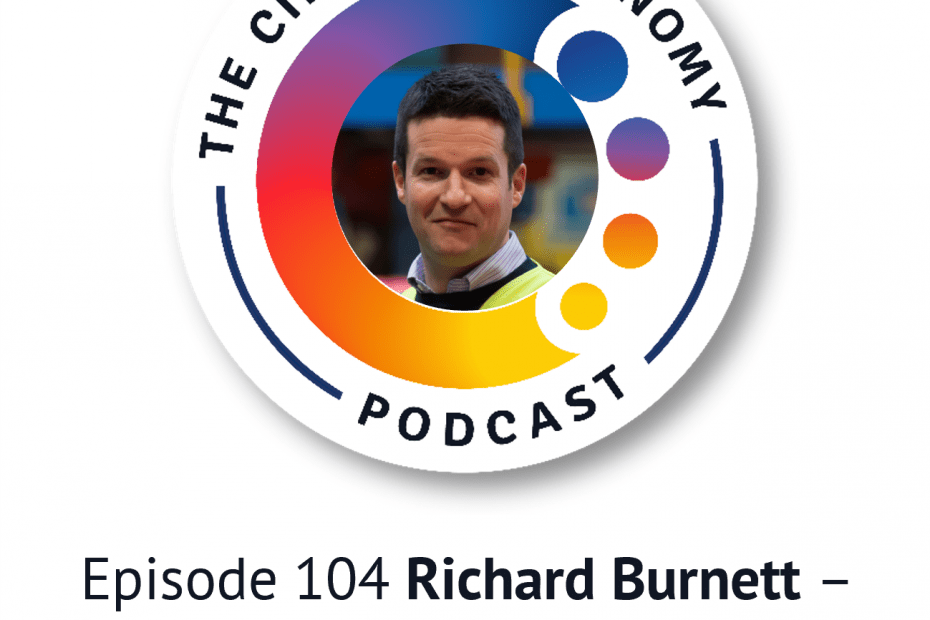108 Sian Sutherland – fixing plastics can fix so much else…
In the 2nd part of the conversation with Sian Sutherland, co-founder of A Plastic Planet and PlasticFree.com, Sian tells Catherine Weetman why, instead of seeing a miserable picture of the future, we can reinvent a better, brighter future. As Sian says, by “fixing the plastic crisis, we will fix so much else”
A Plastic Planet is one of the most recognised and respected organisations tackling the plastic crisis and PlasticFree, the first materials and systems solutions platform, empowering global creatives to design waste out at source.
Sian Sutherland, an award-winning serial entrepreneur across several industries, wants to ignite social change, and. At the UN Plastics Treaty negotiations (INC2), this year, Sian and A Plastic Planet partnered with the Plastic Soup to launch the Plastic Health Council. This brings expert scientists to the UN Plastics Treaty negotiating process with the irrefutable proof of plastic chemicals impact on human health.
In the 21st century, we find plastic in almost every part of our lives – but that doesn’t mean it’s the best, or only solution. Many of those people who resist the idea of a move away from plastics tell us that it’s a fantastic material, that it enables us to create a wide range of products to solve all kinds of challenges.
On LinkedIn, you can see people – mostly with roles that depend on the continued use of plastics – cherry-picking examples of plastics used in medical and safety products, such as syringes, PPE, safety glasses, life jackets and so on. But those examples don’t mean that plastics are necessarily safe in use, or at the end of use. Nor do they mean that we should go along with the continued expansion of single-use plastics.
The plastics industry spends millions on promote plastic as the perfect material for thousands of products, being cheap, lightweight, clean, and convenient. But we’re becoming more aware of serious downsides, for our health, and for the health of our living planet.
Who says we can’t find better ways to design products, packaging and systems to meet the needs of people, planet and prosperity? Sian is passionately pro-business and solutions focused, and believes the plastic crisis gives us all a way in to changing both materials and systems to create a different future for next generations.
In the first part, which went out in the last episode, 107, we discussed the new PlasticFree.com solutions platform for creatives, showcasing plastic-free materials and products, such as the Degenerative sneaker. We moved onto greenwash, and why Sian thinks the word ‘recyclable’ should be banned. Then, we explored the importance of understanding chemistry, especially in helping designers and material technologists get clear on the good and bad aspects of chemical processes – and we discussed some of the very new scientific advances that are shining a light on the links between plastics and a wide range of serious health conditions.
In this episode we discuss neuromarketing, some of the uses of microbeads and microcapsules that you might not know about, and why systems change is even more important than changing the materials. Sian tells us about the work of the Reuseable Packaging Coalition, founded by another podcast guest, Jo Chidley.
And we ask why big companies are finding it so difficult to break away from those last-century systems – take, make, use, and dispose – and how those businesses risk becoming irrelevant, following in the footsteps of Kodak – disrupted by better solutions.
